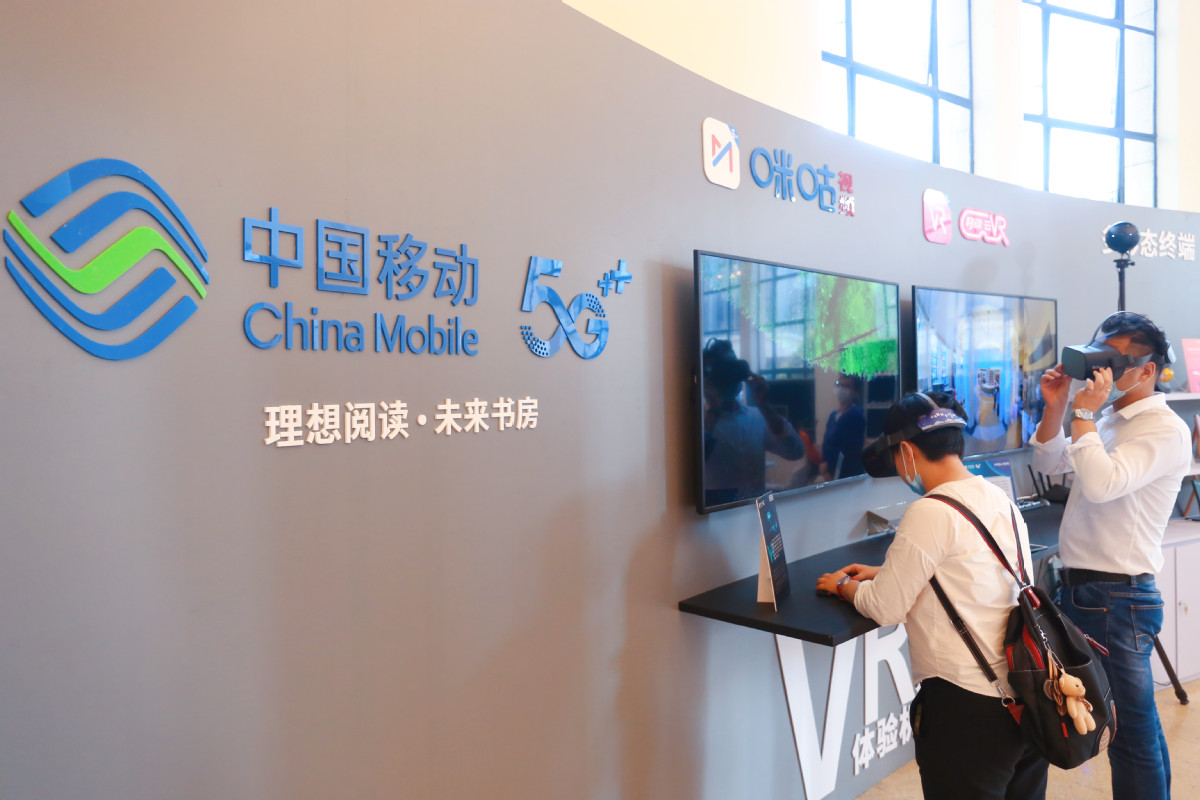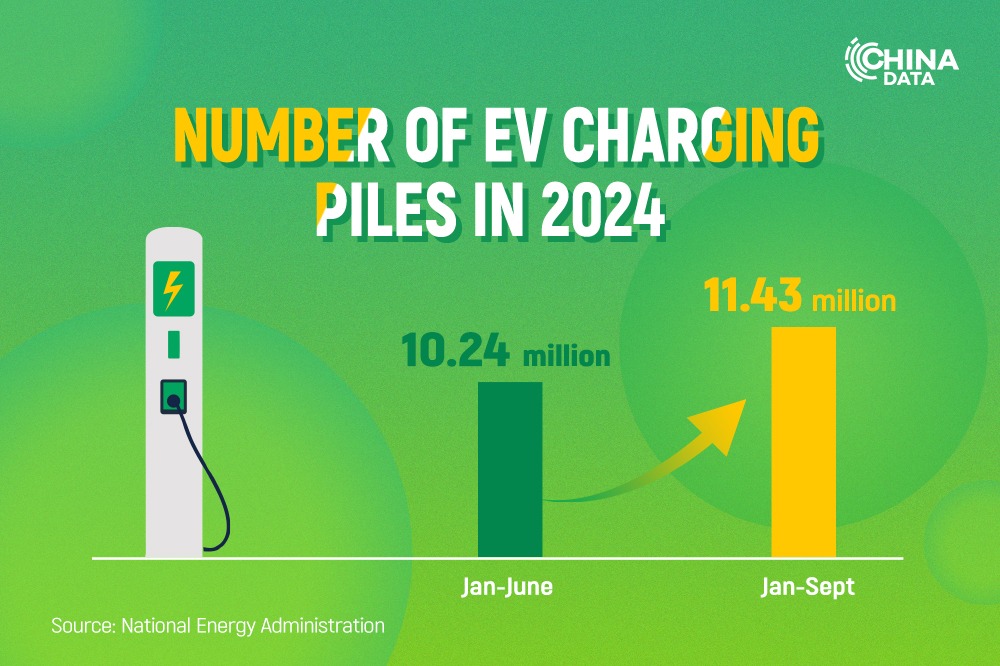5G applications enhance several industries


For instance, China Mobile has partnered with firefighters to use 5G-powered drones in rescue operations. Such drones function as firefighters' eyes in the sky, and can serve as an essential firefighting tool for people in the fire services, especially in and around urban centers where high-rises are potential candidates for deadly infernos.
Liu Dong, drone industry research director at China Mobile (Chengdu) Industrial Research Institute, said 5G-enabled drones can fly as high as 300 meters, which means they can quickly reach the height of a 100-story building. In comparison, it takes about a half-hour to fully unpack a 100-meter-high fire ladder.
Drones can also help firefighters acquire aerial information in a quick, cost-effective manner. In April 2019, 5G-enabled drones were used to help put out a forest fire in Sichuan province.
Drones equipped with high-resolution cameras and infrared detection technology were dispatched to the mountainous terrain, from where they transmitted footage of the leaping flames over 5G networks to emergency dispatch headquarters.
Responders, rather than waiting for drones to return to start processing the data, could immediately begin parsing the video with AI image algorithms, helping them better understand the crisis and concentrate rescue efforts.
Jiang Hua, head of the emergency management bureau in Zigong, Sichuan province, said 5G-powered drones have been instrumental in dealing with emergencies. In the future, the bureau will effect more measures to better integrate 5G with the existing emergency and rescue system.
But analysts said 5G-powered drones may have a limited role in putting out urban fires, given that more efforts are needed to solve policy issues and restrictions on the use of airspace, Liu said.
With 5G networks covering more cities, China Mobile is exploring how to use the technology to help upgrade the tourism sector.
It has partnered with local companies to build Mengbala, a digital-strong town in the Xishuangbanna Dai autonomous prefecture in Southwest China's Yunnan province.
Mengbala is popular among tourists who throng it in droves during the peak season and typically struggle to find toilets available for use. But, with the help of China Mobile's internet of things technologies, tourists can use an app to easily locate a nearest toilet (much like finding a rentable bicycle using apps such as Mobike or Hello). App-users can even figure the number of people lined up before a toilet, to know the approximate waiting time.
China Mobile has also built a cloud platform for the management of Mengbala, which enables smart environment monitoring, smart parking, smart hotel booking, smart ticketing, virtual reality livestreaming and other functions.
For instance, when sightseeing tour cars in the town deviate from their designated tracks or permissible speeds, the IoT chip in the cars would automatically send an alarm to the town's digital management platform, and security personnel will take corresponding action to solve the problem.
Cao Xin, an employee at China Mobile's branch in Xishuangbanna, said the company has built 13 5G base stations for the digital town. "With a string of cameras to capture the 360-degree images of the town, consumers can watch VR livestreaming of beautiful scenes such as the town surrounded by a 'sea' of clouds in the morning, even when they can not physically visit the town. That is one of the wonders of 5G-empowered tourism," Cao said.






































